Related Research Articles
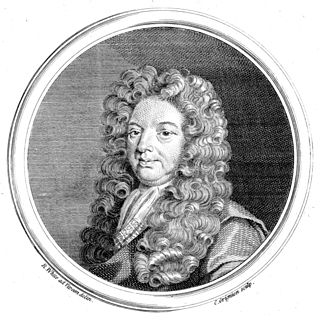
John Blow was an English composer and organist of the Baroque period. Appointed organist of Westminster Abbey in late 1668, his pupils included William Croft, Jeremiah Clarke and Henry Purcell. In 1685 he was named a private musician to James II. His only stage composition, Venus and Adonis, is thought to have influenced Henry Purcell's later opera Dido and Aeneas. In 1687, he became choirmaster at St Paul's Cathedral, where many of his pieces were performed. In 1699 he was appointed to the newly created post of Composer to the Chapel Royal.

Sir John Stainer was an English composer and organist whose music, though seldom performed today, was very popular during his lifetime. His work as choir trainer and organist set standards for Anglican church music that are still influential. He was also active as an academic, becoming Heather Professor of Music at Oxford.
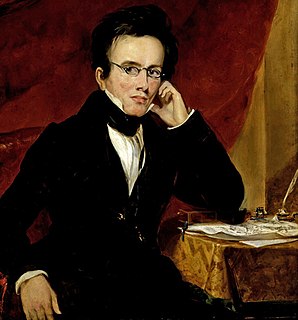
Sir John Goss was an English organist, composer and teacher.

James Nares was an English composer of mostly sacred vocal works, though he also composed for the harpsichord and organ.
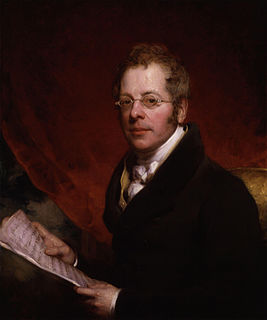
Sir George Thomas Smart was an English musician.

Thomas Attwood was an English composer and organist.

Jonathan Battishill was an English composer, keyboard player, and concert tenor. He began his career as a composer writing theatre music but later devoted himself to working as an organist and composer for the Church of England. He is considered one of the outstanding 18th century English composers of church music and is best remembered today for his seven-part anthem Call to Remembrance, which has long survived in the repertoires of cathedral choirs.

Sir John Andrew Stevenson was an Irish composer. He is best known for his piano arrangements of Irish Melodies with poet Thomas Moore. He was granted an honorary doctorate by the University of Dublin and was knighted in April 1802.
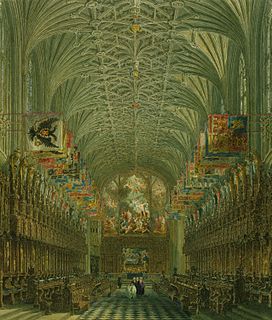
The Choir of St George's Chapel at Windsor Castle exists to sing services in St George's Chapel at Windsor Castle.
John Bennett was an English organist and composer.
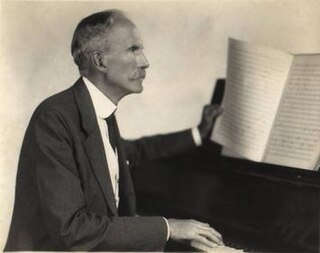
Ernest Trow Carter was an organist and composer who won the Bispham Award.
Raynor Taylor was an English organist, music teacher, composer, and singer who lived and worked in the United States after emigrating in 1792. Active in composing music for the theater, outdoor pleasure garden, and the Anglican Church and Protestant Episcopal Church of the United States, he was one of the first notable composers active in America.

St Mary's Church is the civic church of Bury St Edmunds and is one of the largest parish churches in England. It claims to have the second longest nave, and the largest West Window of any parish church in the country. It was part of the abbey complex and originally was one of three large churches in the town.
William Jackson was an English organist and composer, who also spent some time being a miller, his family's profession, in their home-town.
George Baker (1773?–1847) was an English musician.
John Worgan (1724–1790) was an organist and composer of Welsh descent. He is best known for playing the organ at Vauxhall Gardens, the London public pleasure garden in the mid 18th century.
George Loder was an English conductor, and composer of orchestral music, operas and songs. During his career he lived in England, America and Australia; he conducted the first U.S. performance of Beethoven's Symphony No. 9.
John Sale was an English bass singer of church music, and a singer and composer of glees.
Robert Cooke was an English organist and composer, from 1802 organist of Westminster Abbey.
References
- ↑ "Organ music mainly for manuals | Fitzjohn Music Publications". www.impulse-music.co.uk. Retrieved 5 October 2019.
. Dictionary of National Biography . London: Smith, Elder & Co. 1885–1900.